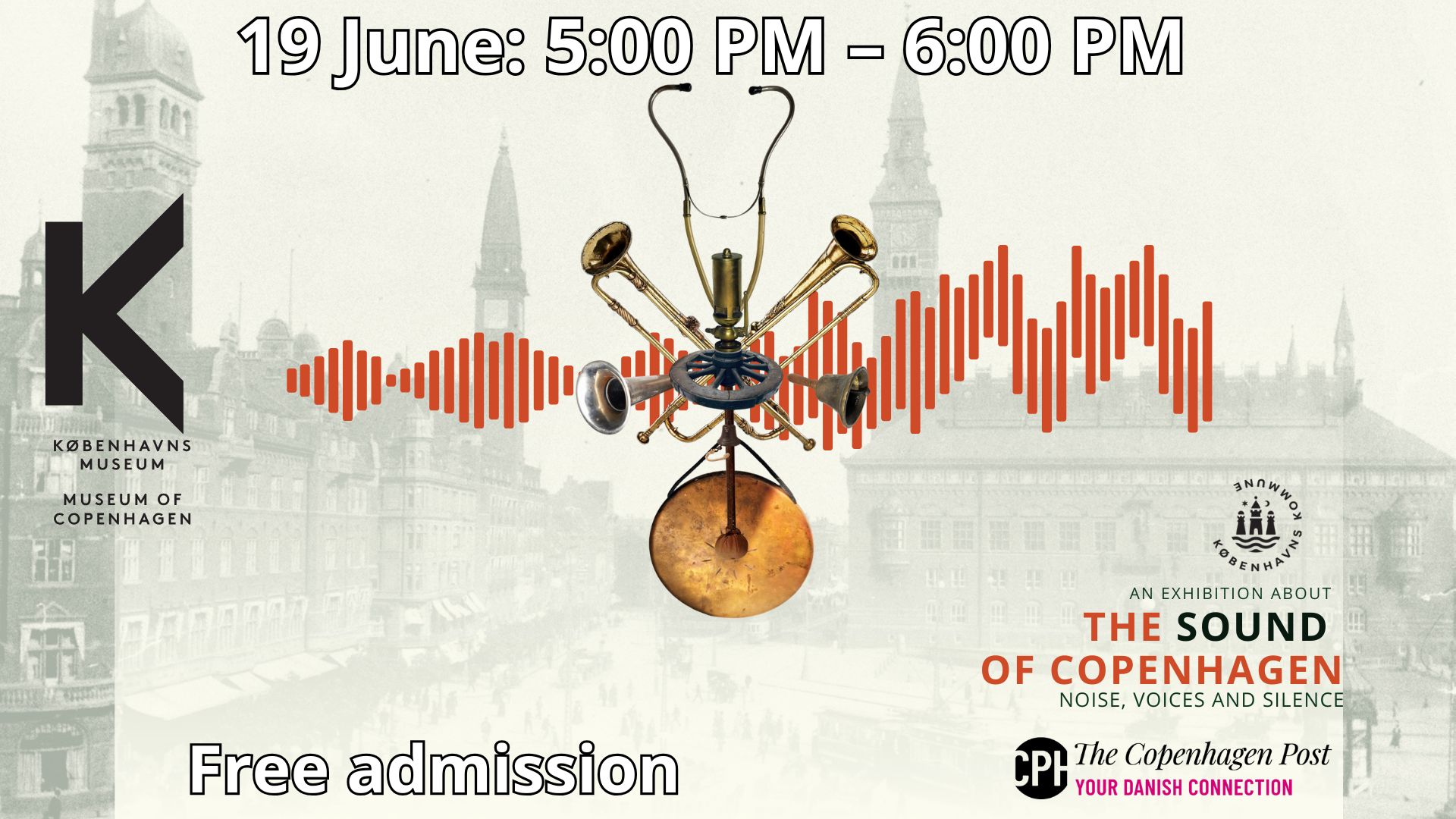When Marie Hald’s portrait of Bonnie Cleo Andersen, a 39-year old Danish prostitute, won one of the 2013 World Press Photo awards, Denmark’s sex industry was gifted a poster girl – one who was white and home-grown.
The mother of three, who had been working as a prostitute since the age of 18, soon became a household name and even later starred in her own DR documentary ‘Bonnie and the Thousand Men’.
But take a stroll down Vesterbro’s Istedgade late on any night and you’ll witness a very different narrative.
Mostly foreign
According to Michelle Mildwater – the founder of HopeNow, an impartial NGO that assists and empowers trafficked persons in Denmark – the majority of prostitutes on Istedgade are from African or eastern European countries.
“Some 98 percent of women on the streets at night are Nigerians, while during the day it’s mostly eastern Europeans – Bulgarians, Hungarians and previously some Russians and Roma groups,” she said.
“At night, the African groups usually work between 11:30 pm and 5:00 am and they primarily come from the Edo state in Nigeria.”
Disconnected
It is a phenomenon that has not gone unnoticed by Vesterbro’s locals and a recent opinion piece published in Politiken by Siddik Lausten – a teacher who lives on Reverdilsgade, a short road that runs parallel to Istedgade – has encouraged much debate. Lausten describes his neighbourhood as having altered dramatically in recent years.
“In the last 10 years, the picture had changed,” he wrote. “Now it’s poor foreign women who stand on the street. And the fact it is foreign women makes the people in Vesterbro feel disconnected from their plight.”
The Nordic Brothel
Prostitution has been legal in Denmark since 1999. However, it still remains a criminal offence to purchase sex from a minor under the age of 18, to own a brothel or to procure sex.
The rules in Denmark are much more relaxed than in the other Nordic countries, which have made the decision to criminalise all aspects involved in buying sex (selling is mostly permitted) and to categorise prostitution as violence against women.
Since Norway passed a law prohibiting the purchase of sex in 2008, Denmark has become known as ‘the Nordic Brothel’.
A typical backstory
Although there is no standardised account, much of the anecdotal evidence suggests that these women’s stories share similar elements: a poor upbringing, a lack of opportunity in their home country and vulnerability.
According to Nadia Jung – a former employee at Reden, an organisation for prostitutes and abused women – there is a familiar twang to most of them.
“The typical story for an African sex worker is a poor girl who has worked at the family farm her entire life and never attended school, who meets a guy whom she falls in love with, and he suggests visiting his cousin in Denmark,” she explained.
“Suddenly something occurs and the new boyfriend has to stay home, so his cousin picks her up at the airport instead. She’s been sold by the boyfriend and has to pay off her debt to cover the plane ticket, her rent and board – it can be neverending.”
Binding loans
Others, according to Mildwater – particularly the Nigerian women from the Edo state – take a binding oath called a ‘Ju Ju’ to pay off the travel costs.
“They take an oath that binds them, both on a legal level – depending on their culture – and a spiritual level that leaves them psychologically controlled, before arrangements are made for their transportation,” she said.
“Amongst African networks, it costs 50 to 60,000 euros to rid someone of the debt – it takes many years to pay it off.”
In some cases, forever.
Of their own free will
Danish groups remain polarised on the topic: some argue that not all foreign sex workers are here against their will.
Christian Groes-Green, an associate professor at the Department of Culture and Identity at Roskilde University, has conducted research into sex worker migration into Europe from southern Africa and concludes that the debate is not so cut and dried.
“These women feel obliged to go to Europe to sell sex in order to help their poor families. They initiate the journey by finding people who can assist them in getting there,” said Groes-Green.
“I followed some of them on their journey and so I understood the sex workers’ migration from their own perspectives and not through the eyes of an NGO or state officials who often do not understand the factors that drive these women.”
Unhappiness a myth
The Sexual Political Forum (SPF) – a group formed in 2007 by researchers, sexologists and artists with the shared opinion that all women, including foreign women, should have the authority over their sexuality outside the remit of state intervention – wants prostitution to be recognised as a legitimate profession.
“It is a patently incorrect, sexist and disempowering attitude that violates individual dignity and disregards vigour and initiative in those who choose to move across borders to create a better life for themselves and their family,” states SPF’s website.
“There is a myth that all sex workers must be unhappy, but that prejudice doesn’t hold water. Most unhappiness is caused by stigma, prejudice, lacking rights, isolation and poor working conditions, not by the job itself,” maintained Steen Schapiro, a spokesperson for SPF.
Customers are important
Another recent opinion piece published in Politiken by Nanna Gotfredsen and Maja Løvbjerg Hansen of The Street Lawyer, which provides legal assistance to exposed and vulnerable individuals on the street, suggests that the issue is complex.
“You quickly realise that African sex workers in Vesterbro are independent, strong and incredibly self-aware,” asserted the writers.
“The sex customer on Istedgade does more for the individual woman than any letter to Politiken. He gives her money and in doing that an opportunity for a better life for her children.”
Empowerment is something that HopeNow also recognises as a driving factor for many individuals, believing that those who choose to remain in the industry should be supported and commended for their choices, rather than stigmatised.
Highly traumatised
As a trained trauma therapist herself, Michelle Mildwater has worked closely with both victims of trafficking as well as those who have continued to work in prostitution after debts have been paid.
“A lot of the people we work with are highly traumatised with what has gone on in their lives,” she said.
“They were so vulnerable they had no possibility to really make a life where they were – sometimes even the family could have been directly or indirectly involved in their trafficking.”
Hypocrisy remains
Some critics are quick to point out that foreign prostitutes in Denmark are breaking the law by soliciting for sex. But as Michelle Mildwater suggests, the Danish legal system is highly hypocritical.
“I think the Danish system is hypocritical as we say we do not criminalise prostitution, but on the other hand we criminalise foreign women working in prostitution. We are prepared to fine them, thereby extracting a tax from them that often results in them having to work even harder.”














